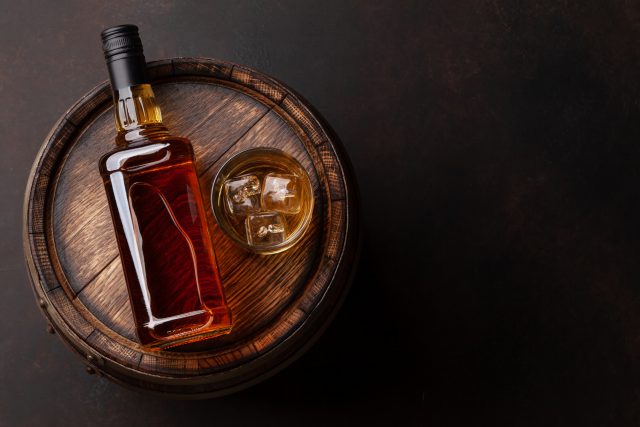This website uses cookies so that we can provide you with the best user experience possible. Cookie information is stored in your browser and performs functions such as recognising you when you return to our website and helping our team to understand which sections of the website you find most interesting and useful.
SWA calls for change to ‘retrograde’ tax as spirits and wine drive HMRC revenue
The Scotch Whisky Association (SWA) has called for the UK Government to change its tax system, following spirits and wine duty revenue driving a big rise in revenue for HMRC.

In the past decade, official HMRC figures have shown that spirits have driven a 40% growth in alcohol revenue from excise duty to government coffers, rising from £3bn in 2013 to £4.1bn last year.
Wine has also grown significantly, up 25%, from £3.7bn to £4.4bn in the same period. But beer has only risen by 7% and cider has fallen by 28%. The figures come with cider having the same tax treatment as spirits with beer given one additional freeze in duty than spirits. As a result, spirits account for a third of all alcohol revenue for HMRC, up 4% as an overall share from 2013.
The SWA have now called for a change in the tax system and questioned the decision to increase duty on whisky and other spirits by 10.1% from August but offer tax breaks to the beer and cider industry.
Out of date
Speaking about the figures, chief executive of the SWA Mark Kent, said that ‘out-dated views’ of the UK’s alcohol industry persisted in government, as illustrated by the Chancellor’s reference to ‘warm ale’ in his Budget speech in March.
Kent said: “These figures should be a wake up call for the Chancellor to cancel the retrograde tax hike and once again support Scotch.”
“Pubs and other on-trade businesses are about far more than beer and cider, and the modern consumer is looking for a premium experience, with the majority drinking less and drinking better over time.
“Growing revenue by 40% over a decade when fewer units of alcohol have been consumed is an impressive return on the government’s investment in the industry through previous duty freezes. In contrast, at least the same tax support has been given to other alcohol categories but without the same benefit to Treasury coffers.”
Budget
Following the Budget, the SWA made a call to the government to uphold the pledge made in 2019 to “ensure the tax system is supporting Scottish whisky” before the double-digit rise.
The trade body also launched the ‘Keep the Commitment’ campaign at the time to press MPs to re-think the decision to increase duty on Scotch whisky and other spirits by 10.1% from August.
As well as across the last decade, the tax-gap between spirits and other alcohol categories has widened since 2019, with tax breaks extended for draught products in pubs, bars and restaurants in the Budget. These breaks exclude 99% of distillers, according to SWA, and per unit of alcohol, the tax gap to beer in the on-trade – already 51% – will rise to 66%, and for cider it will rise from 227% to 260%.
Kent concluded: “HM Treasury would not have continued to support Scotch Whisky at annual Budgets if it was not beneficial to the public finances. The official HMRC figures show that previous freezes have driven government revenue, and the spirits category has driven this growth as the increasing choice of the modern consumer.

